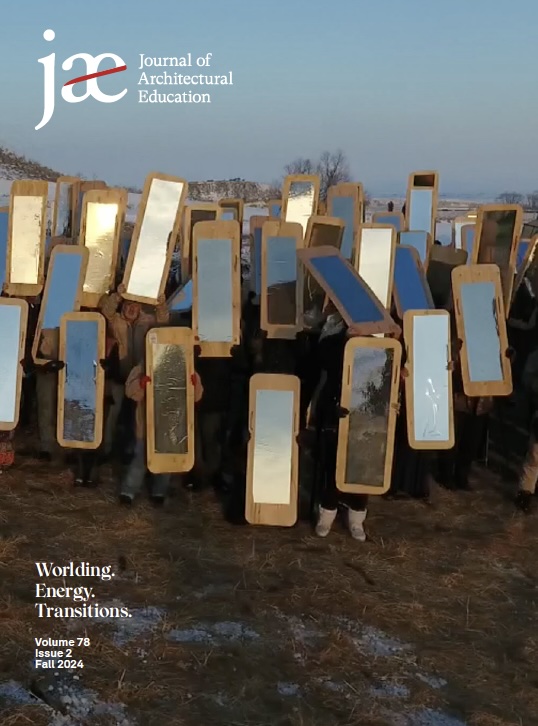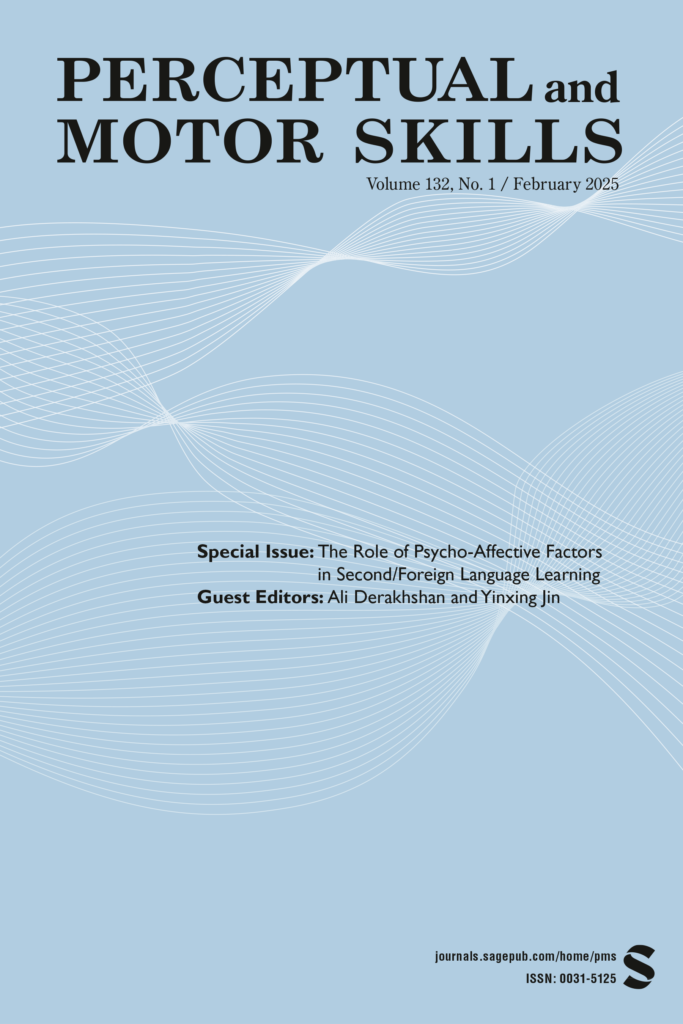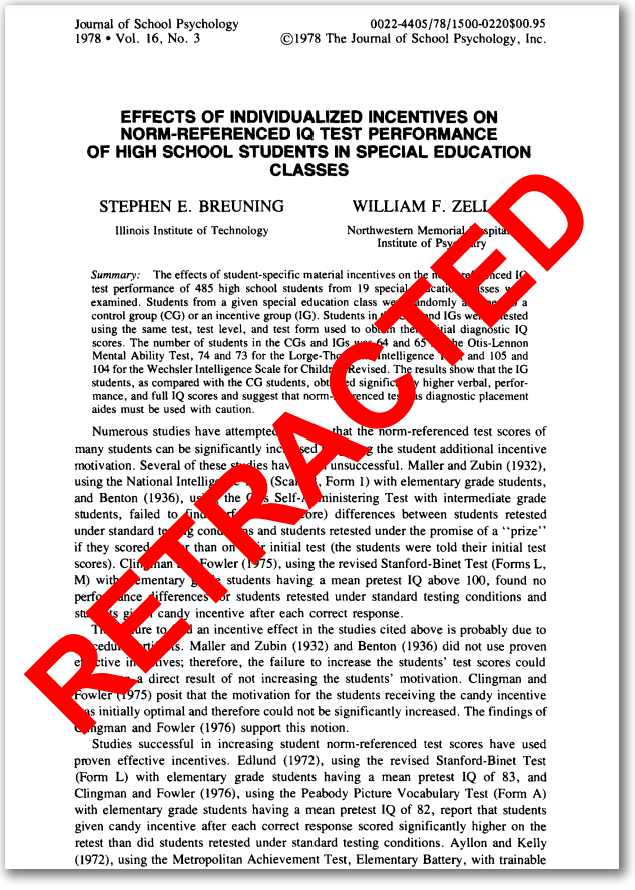The editorial board of an architecture journal has resigned after its parent association cancelled an upcoming theme issue titled “Palestine.”
The Journal of Architectural Education planned to publish the issue in fall 2025, according to an archived version of the call for papers, which refers to the “Zionist, militarist, carceral, and capitalist regime of Israeli settler colonialism and apartheid.”
“In the face of the ongoing Israeli genocidal campaign against Palestinians in Gaza, this issue of the Journal of Architectural Education calls for urgent reflections on this historical moment’s implications for design, research, and education in architecture,” the call for papers read.
Continue reading Editorial board resigns after journal cancels special issue on Palestine








